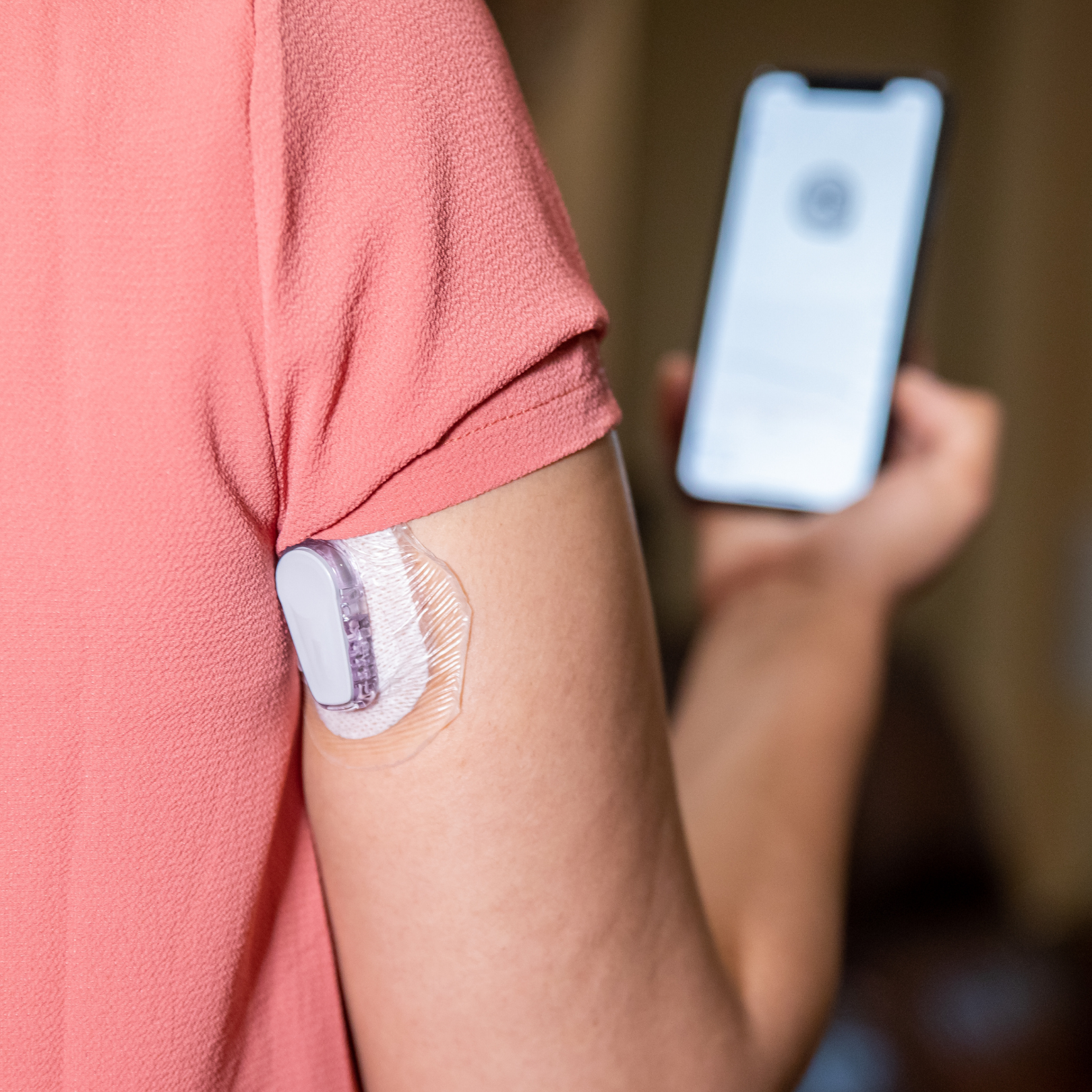News
How ChatGPT helped one patient correct his diabetes misdiagnosis
Artificial Intelligence (AI) is infiltrating everything these days, even medical diagnoses. One young patient of ours was misdiagnosed with Type 1 diabetes (T1D), but through his own intuition, research using ChatGPT, and the help of Dr. Keta Pandit, discovered that he had an inherited form of diabetes known as Maturity-Onset Diabetes of the Young (MODY).
24-year-old Cooper Myers was first treated for T1D while living in South Carolina after experiencing common diabetes symptoms (high blood sugar despite diet and exercise, fatigue, excessive thirst, and frequent urination). At the time of his diagnosis, he tested negative for GAD antibodies which are typically found in those with T1D. However, even with dedicated efforts at eating well and exercising, his blood sugar was still high, leading the doctor to believe he had T1D.
Knowing his strong family history of diabetes on his father’s side, dating back to his great grandmother, coupled with the fact that he tested negative for antibodies, Cooper felt like something didn’t seem right about his diagnosis.
Upon moving to Austin, TX, Cooper established care with Texas Diabetes and Endocrinology under board certified endocrinologist Dr. Keta Pandit and her team. Dr. Pandit managed Cooper’s insulin pump and noticed that he was having frequent low glucose values and had to continue reducing his insulin dosing.
With a career in technology and extensive knowledge of AI, Cooper relayed his questions regarding his family history and lack of antibodies to ChatGPT, searching for insight on other forms of diabetes. He kept landing on references to Maturity Onset Diabetes of the Young (MODY), a genetic form of diabetes caused by a gene mutation.
Cooper shared his findings with Dr. Pandit, who seemed to agree with Cooper’s concerns at that time. His insulin requirements were much lower than other TID patients, which raised concerns for Dr. Pandit as well.
Diagnostic Testing Provides Clarity
Dr. Pandit supported re-evaluating Cooper’s diagnosis and ordered a variety of tests to look at specific antibodies, which included pancreatic antibodies to confirm there are no T1D antibodies and C-peptide which confirms that the pancreas is still producing insulin. After Cooper’s result showed he had no antibodies and low (normal) C-peptide levels, Dr. Pandit ordered a genetic blood test to examine the genes that were associated markers of MODY.
After this lengthy process, and waiting more than a month for the results, it was confirmed that Cooper had MODY 2 (there are different types of MODY depending on which gene is affected). MODY 2 is caused by a mutation of the GCK gene.
Working with Dr. Pandit, Cooper was able to gradually change his medications and get off his insulin pump. Now, his blood sugar and insulin production are properly managed, and he is living a normal and healthy life off his insulin. Dr. Pandit says that with his lifestyle, his prognosis is excellent.
Cooper has now found a great support system online for fellow MODY patients who were misdiagnosed like himself.
His advice to others who are concerned about a diagnosis is to trust your instincts and do your own research, but also discuss things with your doctor and trust their expertise and guidance.
Maturity Onset Diabetes of the Young
MODY is a genetic form of diabetes that is unlike Type 1 (T1D) or Type 2 (T2D) diabetes as it is not autoimmune (T1D) or triggered by factors like poor diet and obesity (T2D). A gene mutation in those with MODY limits the ability of the pancreas to make enough insulin to support healthy blood sugar levels. There are different subtypes of MODY depending on which gene is affected, each resulting in different symptoms and complications.
MODY is a very rare diagnosis compared with commonly diagnosed conditions such as T1D and T2D. It is estimated to account for 5% of all diabetes cases in the United States. The genetic mutation that causes MODY has a 50% chance of being passed down to subsequent generations. If a child does inherit the mutation, they will generally develop MODY before they reach 25 years of age regardless of their lifestyle, ethnic group or other risk factors such as obesity or increased weight gain.
Research shows that up to 80-90% of MODY cases are first diagnosed incorrectly as T1D or T2D. Key features of MODY are the age of diagnosis, under 25 years of age, having a parent with diabetes, and often diabetes in two or more generations. Testing for the presence of antibodies can help rule out the condition. Patients diagnosed with MODY classically do not need insulin.
It is important to distinguish MODY from T1D and T2D because the treatment and management options are quite different. Insulin injections are primary mode of treatment for T1D, while generally Metformin is the first line of treatment for T2D. On the other hand, MODY is treated through other medications, such as sulfonylureas.
Contact Us for Help in Managing your Diabetes
If you’d like to schedule an appointment with Texas Diabetes & Endocrinology and discover how our diabetes services and other endocrinology therapies can help you lead a full and active life, please contact us at (512) 458-8400 or request an appointment online.
Don’t forget to follow us on Facebook and Instagram and check back with us each month as we provide you helpful wellness and health information.







